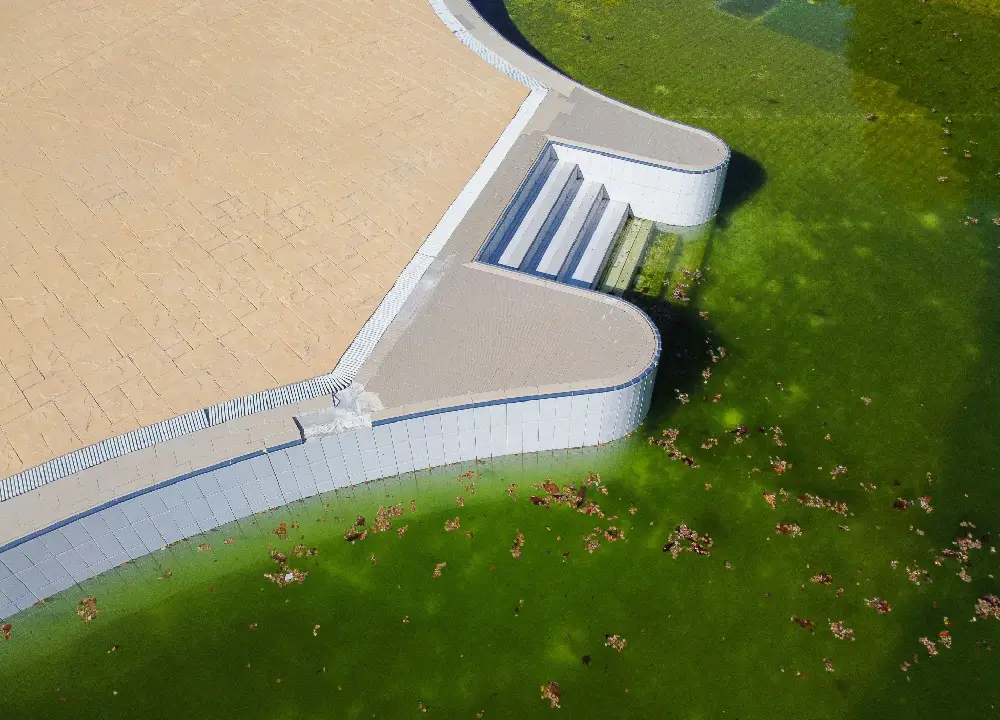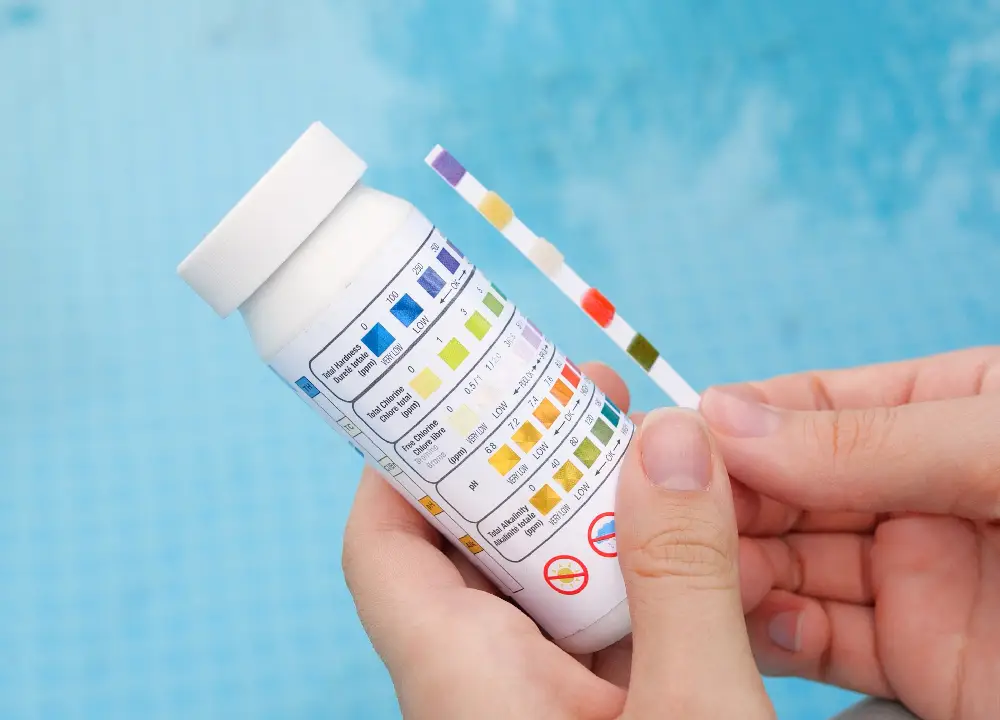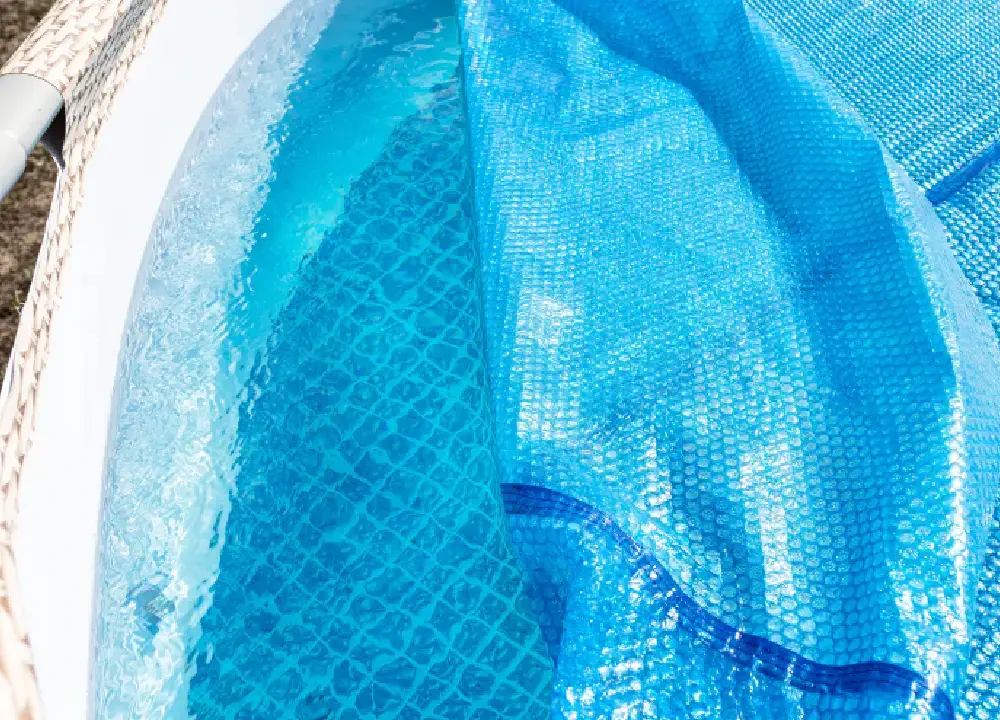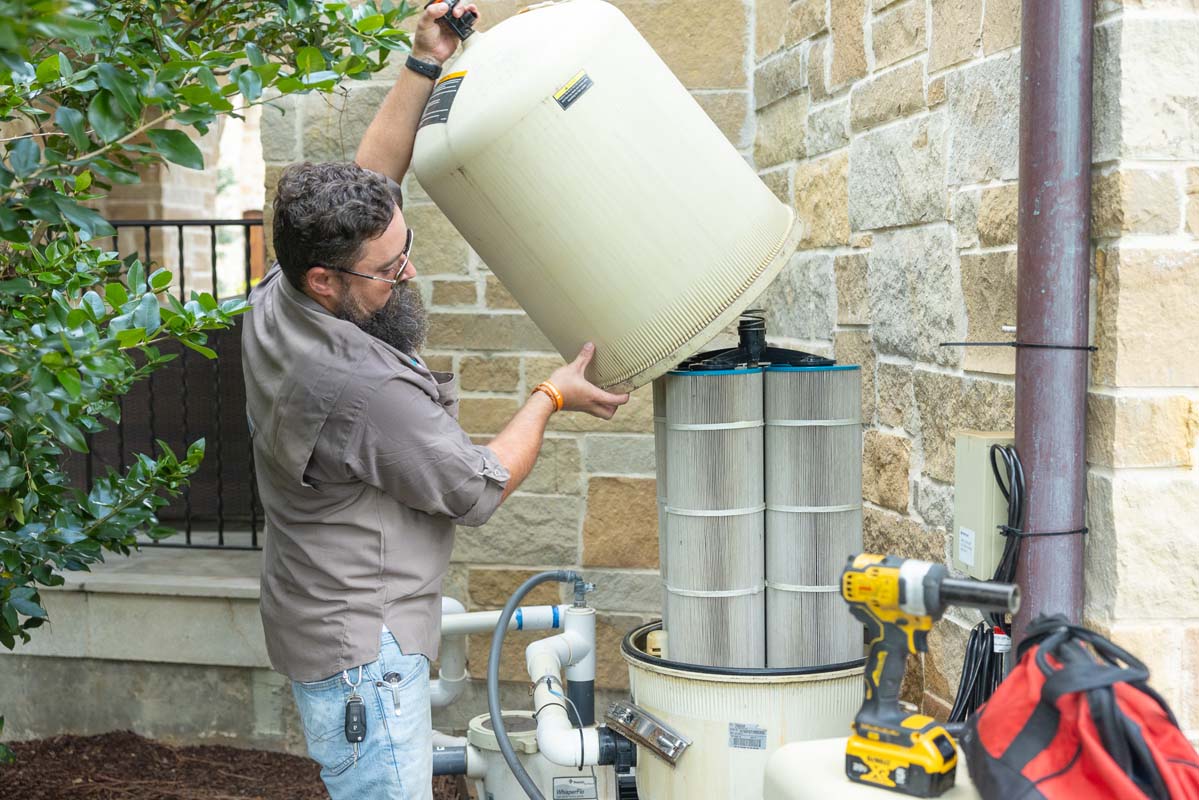A backyard pool is a great way to enjoy Houston’s hot summers, but when contamination strikes, quick action is essential. Whether it’s a severe algae bloom, a chemical imbalance, or an unexpected accident, emergency pool cleaning can restore your pool’s safety and clarity. Without immediate intervention, contaminated water can become a health hazard and cause costly damage to your pool’s equipment and surfaces.
Knowing when and how to handle emergency pool cleaning will help you protect your investment and ensure a safe swimming environment for your family and guests.
Signs Your Pool Needs Emergency Cleaning
Some pool issues can wait until your next scheduled maintenance, but others require immediate attention. If you notice any of the following problems, it’s time for an emergency pool cleaning:
1. Cloudy or Murky Water
If your pool water suddenly turns cloudy, it could be due to chemical imbalances, debris buildup, or bacterial growth. Houston’s unpredictable weather—especially after a heavy rainstorm—can introduce contaminants that affect water clarity. Without prompt treatment, murky water can quickly become unsafe for swimming.

2. Algae Growth
Houston’s high humidity creates the perfect conditions for algae to thrive. If your pool water turns green, yellow, or black, you’re dealing with an algae outbreak that requires emergency treatment. Algae can spread fast, making the pool slippery and hazardous while clogging filters and damaging surfaces.
3. Foul Odors
A strong chlorine smell doesn’t mean your pool is clean—it indicates an issue. High levels of chloramines (a byproduct of contaminants reacting with chlorine) can cause eye and skin irritation. If your pool has an unusual or unpleasant odor, it’s time to take action.
4. Sudden Chemical Imbalance
Maintaining proper pH, chlorine, and alkalinity levels is critical for a healthy pool. If your water tests show extreme chemical fluctuations, it can lead to skin irritation, equipment corrosion, and bacteria growth. Heavy rainfall, high temperatures, and frequent pool use can all disrupt the chemical balance, making emergency pool cleaning necessary.
5. Accidental Contaminants
Accidents happen, whether it’s a pet falling into the water, a child’s bathroom mishap, or a foreign object landing in the pool. These incidents introduce bacteria and other contaminants that require immediate cleaning and shock treatments to restore water safety.
Steps to Take During an Emergency Pool Cleaning
When contamination occurs, swift action can prevent the issue from escalating. Here’s what to do when your pool needs emergency cleaning:
1. Stop Swimming Immediately
As soon as you notice contamination, clear the pool to prevent exposure to harmful bacteria or chemicals. In cases of severe algae blooms or chemical imbalances, prolonged exposure can cause skin irritation and other health risks.
2. Remove Debris and Contaminants

Use a pool skimmer or net to remove visible debris, leaves, and foreign objects. If the contamination involves biohazards, such as fecal matter or dead animals, extra precautions are necessary to avoid spreading bacteria.
3. Test and Balance the Water
Using a pool test kit, check chlorine levels, pH, alkalinity, and other key parameters. Houston’s warm climate accelerates chemical imbalances, so adjusting the water chemistry quickly is crucial. If chlorine levels are too low, bacteria and algae can spread rapidly.
4. Shock the Pool
For bacterial contamination, an emergency shock treatment is essential. Shocking the pool involves adding a high dose of chlorine or other sanitizers to kill harmful microorganisms. Be sure to follow manufacturer guidelines and allow time for the chemicals to work before reopening the pool.
5. Run the Filtration System
Turn on the pool pump and let the filtration system run continuously to circulate treated water and remove contaminants. Houston’s frequent storms can introduce debris into the system, so checking and cleaning the filter is vital for restoring water clarity.
Preventing Future Pool Contamination
While emergency pool cleaning is sometimes unavoidable, you can take steps to reduce the risk of contamination and keep your pool in top condition.
Schedule Regular Maintenance

Routine professional pool cleaning ensures that water chemistry remains balanced and that your pool stays free of debris and bacteria. Having a trusted pool service on-call can make a significant difference in preventing emergencies.
Protect Your Pool from Weather-Related Issues
Houston’s weather can be unpredictable, with sudden storms, intense heat, and high humidity affecting pool water quality. Use a pool cover to prevent rainwater and debris from entering, and be prepared to adjust chemical levels after a storm.
Monitor Water Chemistry Weekly
Test and adjust pool chemicals to maintain safe swimming conditions. With Houston’s high temperatures, chlorine dissipates faster, making it essential to stay on top of chemical levels.
Keep the Pool Area Clean
Encouraging swimmers to rinse off before entering the pool can minimize the introduction of dirt, oils, and bacteria. Also, trimming nearby trees and removing leaves can reduce the amount of organic debris that enters the water.
Call Manning Pool Service for Emergency Pool Cleaning in Houston
When an unexpected pool contamination occurs, you don’t have to handle it alone. Manning Pool Service provides expert emergency pool cleaning in Houston and surrounding areas, ensuring your pool is safe, clean, and ready for use. Whether you’re dealing with a severe algae bloom, chemical imbalance, or unexpected contamination, our team is here to help.
Don’t let pool problems ruin your swim season—contact us today for fast, professional emergency pool cleaning!




